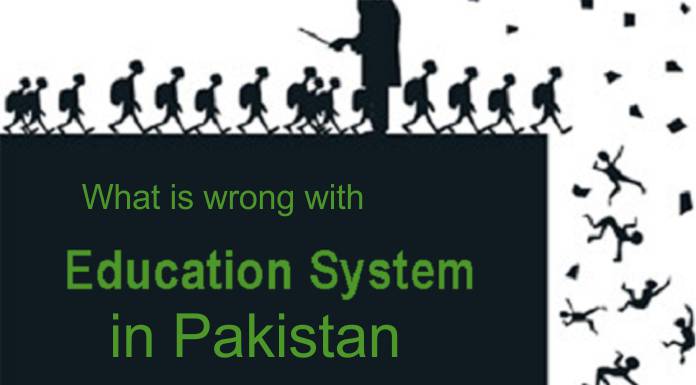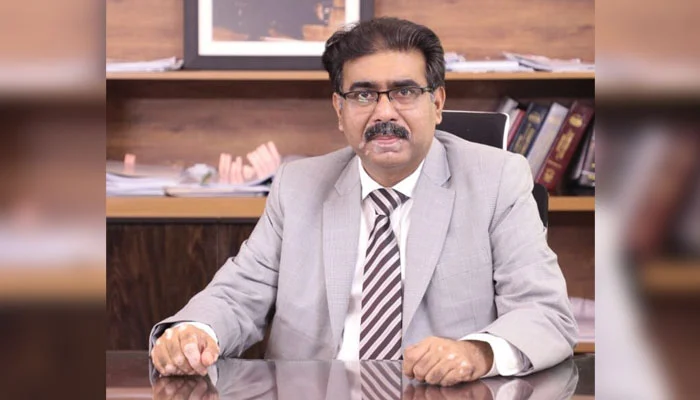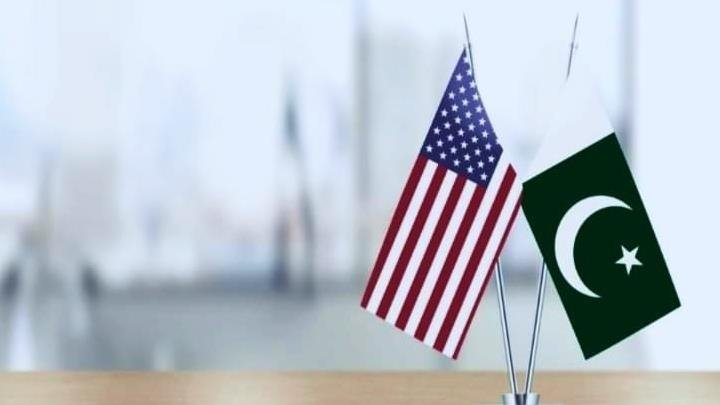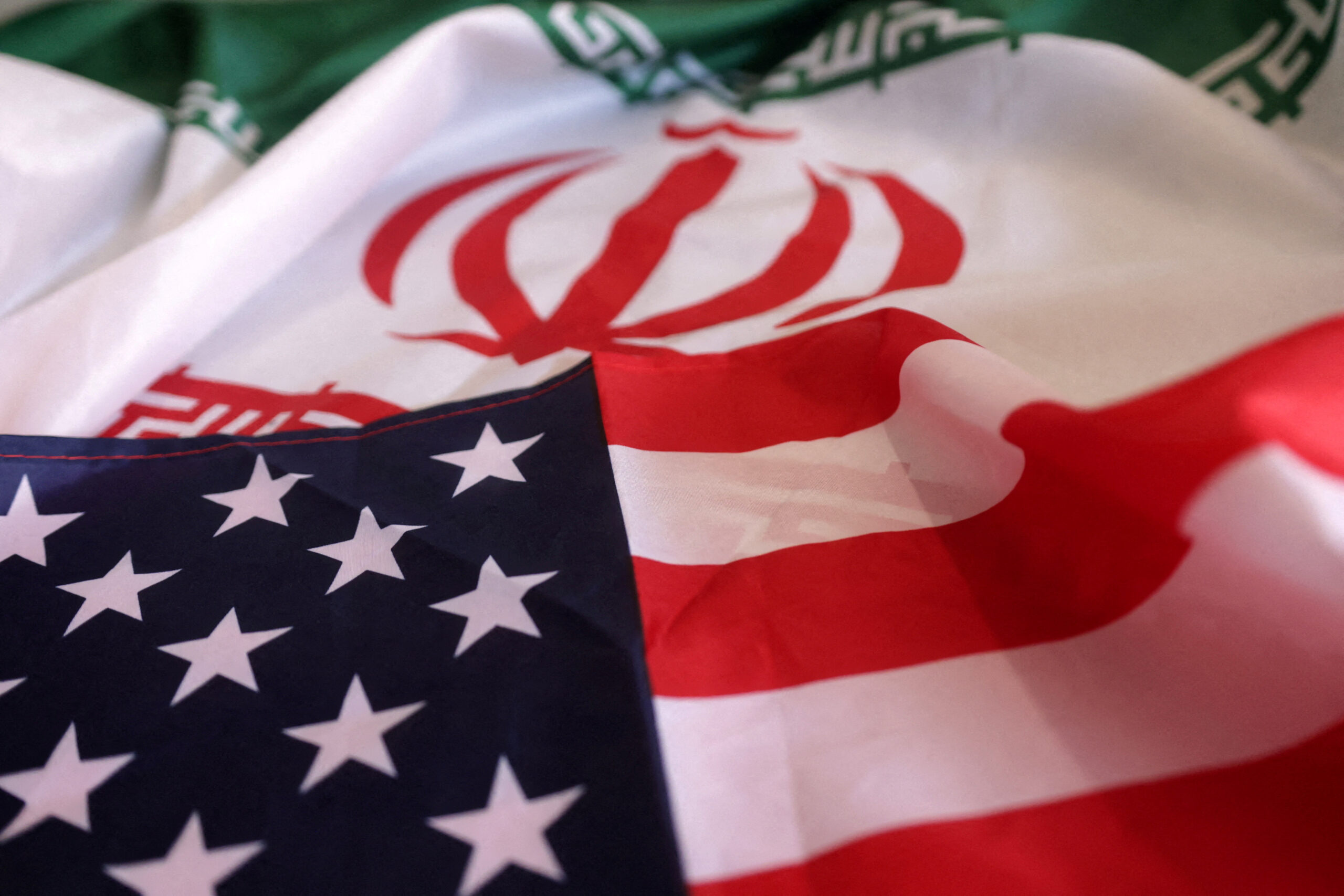Muhammad Kaleem
Pakistans Crumbling Education System
Pakistan is an unfortunate country in the terms that it inherited an educational system that was based on class segregation, and this is still being followed without paying any heed to reform it. Our country doesn’t have a uniform educational system; it is somewhat divided, incoherent, and lacks quality. The multi-tier system operating in Pakistan currently consists of Madrassas, government-run schools, low-level private institutions and elite schools.
Due to its divisive nature, Pakistan’s current education system has failed to provide skilled human resources and creative minds and has been unable to build cohesion in society. The only product of this system is segmentation and class orientation.
The causes of the failure of this system are manifold and complex. The first important reason is the socio-economic dimension of the people. Society is divided between the rich and poor, with a marginal middle class. The rich prefer to send their kids to elite schools only due to class consciousness, with no desire to excel in education. Such children have ample opportunities even if they fail to complete their education. The elitism of the political and economic systems has neglected the public sector schools and institutes. Children in this class always join elite schools, and the elites remain oblivious to the importance of quality education.
On the contrary, the poor cannot afford the ‘luxury’ of education because a male child means two hands to earn and become a support to the family. Traditionally regarded as the torchbearer of change, the middle class considers education the only opportunity to get employment, ergo mobility in society. So, almost all the time, they search for grades, not quality education, which paves the way for cramming and rote learning — the killers of creative and rational thinking.
The recent mushrooming of private schools in every nook and cranny of the country, especially in urban areas, has commercialized the education sector. A race for minting money among school owners has further deteriorated the education system. Each school claims to provide quality education; they charge exuberant fees. The urban middle class easily gets duped by this mafia as they tell them fairytales about their children’s future. In addition, the lack of government’s proper monitoring and regulation of private schools has further aggravated the state of affairs. It might be baffling for the readers that many of the owners of these schools are either closely related to the political elite or are a part of the elite club. So instead of regulating these schools, governments tend to protect them and allow them to fleece the people of Pakistan.
This policy has proved to be a double-edged sword to the public sector, which is neglected and still the government’s lowest priority. Public schools lack proper infrastructures like rooms, electricity, benches, drinking water facilities and toilets. The student-teacher ratio is not following international standards — in Pakistan, and it is a common sight that one teacher teaches all five or six classes in a primary school, leading to failure. The posting of the teachers is also made on a political basis, and there is still no transparent transfers and postings policy with the education department. It has created a lot of disparities as few schools are over-staffed, whereas others are without a single teacher.
Although given the above circumstances, the future looks bleak, as they say, there is always a silver lining in the cloud. And that silver lining, in this case, can be the government’s earnestness in resolving this issue at the earliest. For this, society and the government will have to change their mindset. Education is no more a symbol of status; it is necessary for all and sundry. The globalized world we live in today will allow only that country to survive with quality and skilled human resource adaptability to change. In the case of Pakistan, the large population of youth can be a real game-changer; but to achieve this goal, the government will have to prioritize education.
The first step towards betterment can be the reorientation of the course content. The government should enforce uniform syllabi for all schools, public or private. This policy should also include Madrasas as these seminaries only produce religious people without worldly knowledge and skills and have only the option to become prayer leaders. Mainstreaming of Madrasas is the most pressing need of the hour, and reforms should start at the earliest.
There is no denying the fact that the teacher is the most critical organ of the education system. According to an Alif Ailaan report, the government sector teachers are more paid, more educated, more experienced, and better trained than their counterparts in private schools. The better results also support the fact that government schools produce compared to private ones. Then, where does the problem lie? The problem lies with the attitudes of the teachers and the government’s ineptness in properly monitoring and disciplinary actions against delinquent teachers.
As we all know, primary education is the base of students, and they carry it with them throughout their life. Hence, primary education should be given the top priority by the government. In this regard, a particular focus should be on only enrolment in school, which does not guarantee betterment in the education system; instead, formal learning is essential.
The government and society should make collective efforts to put things on the right track. Government should devise proper guidelines by taking all the stakeholders on board. Knowledge is power, not grades; competitiveness with learning should be the aim of future policy.
The writer holds a Ph.D. degree in Political Science.


















1 thought on “Pakistan needs Education Reforms”
Very well effort respected Sir.